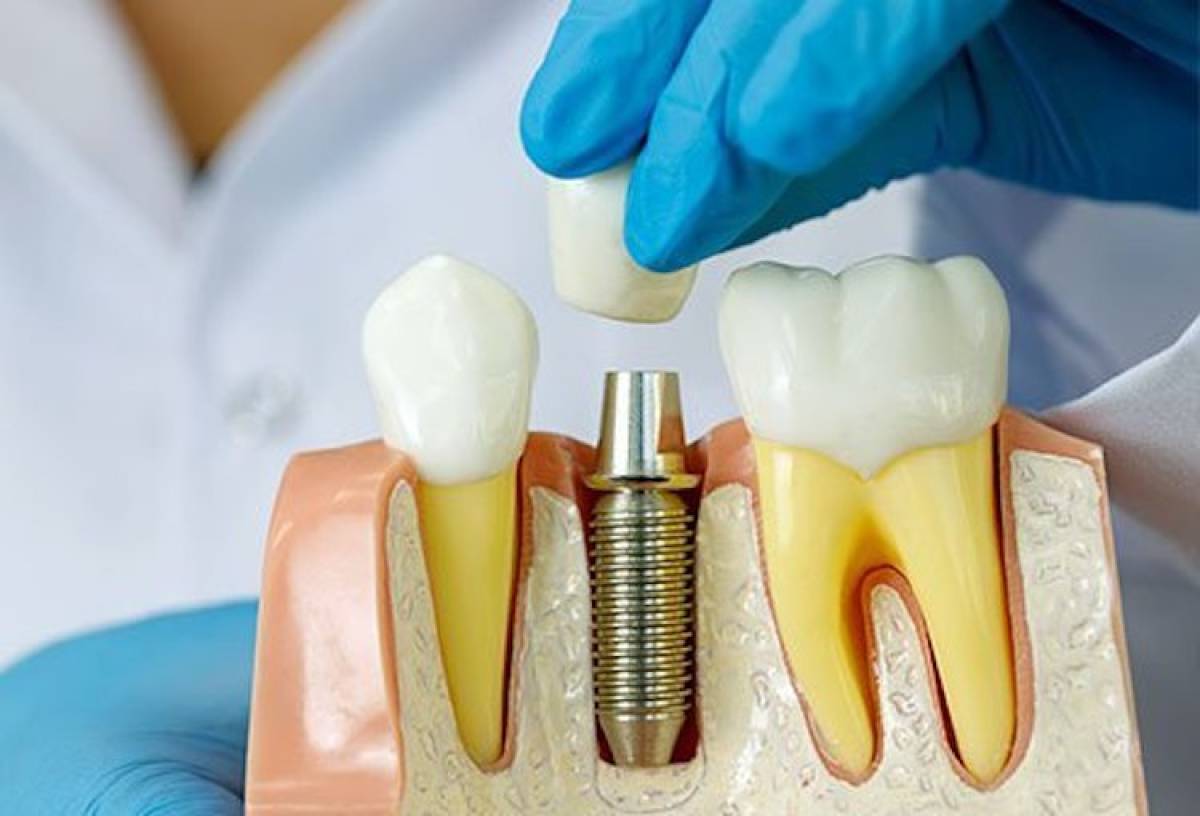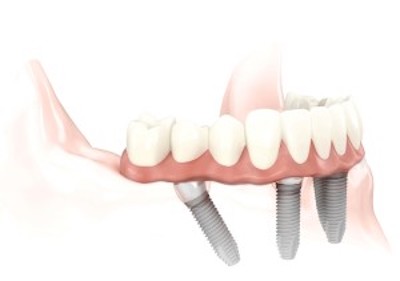Different Kinds of Dental Implants: How to Choose One Based on Your Jaw Health

Dental implants are popular solutions for replacing missing or crooked teeth. They provide satisfactory results in patients who have lost all or part of their natural teeth.
Techniques like the dental practice all on 4 can be used to replace a full arch of teeth or some teeth that are lost. But, like most surgical procedures, it should be noted that there is a wide range of alternatives based on each patient's unique clinical needs.
In this article, we’ll explain these alternative dental implant procedures and the dental implant choices a patient has to replace their lost teeth.
How a Dental Implant Works
Generally, dental implants are usually made from titanium because it has excellent biocompatibility. These implants are made up of several parts:
i. The screw, serves as the foundation for the crown (or tooth).
ii. The body, which makes up most of the part of the implant, and
iii. The dental crown, which is cemented onto the body.
The dental implants are surgically placed in your jawbone, where they serve as the roots of missing teeth.
Implants integrate entirely within the human bone and living bone grows around the titanium surface to fix them firmly in place.
Types of Dental Implants

I. One-Tooth Implants
One-tooth dental implants are the most common type of implant. It can easily replace a single missing tooth or multiple teeth in one or both jaws.
II. Two-Tooth Implants
Two-tooth dental implants are used to replace two teeth next to each other. For example, if two teeth in the upper jaw or two intraoral implants replace the lower posterior (back) teeth next to each other.
III. Three-Tooth Implants
Three-tooth dental implants can replace three adjacent teeth with only one insertion surgery. It is often used for patients who have lost their upper front teeth.
IV. Four-Tooth Implants
Four-tooth dental implants are the same as three-tooth implants, except they can replace four teeth. It is commonly used for patients who have lost all their upper back teeth and want a complete smile again.
V. Six or More Tooth Implants
Six or more tooth implants are used to replace six or more teeth. It is the most significant number of implants that can be placed in one jaw and requires a longer surgery time, which will take about four hours at least.
Key Factors (&Tips) to Consider to Choose the Right Implant
Here are some tips for choosing the right implants, depending on your physical and jaw health:
1. Health Conditions
Patients with blood-clotting or immune system disorders should select a technique that uses screws instead of a post and a dental crown cemented on the abutment screw.
The reason for this is that when you use an implant with a titanium post, your body may have difficulty accepting the metal, which can cause a blood clot.
2. Bone Conditions
Patients who lack bone or have insufficient bone around the jaw should select dental implants placed through an incision under the gums (subperiosteal), which does not require any earlier removal of teeth or bone grafting.
It also saves time for the surgery since most of the bone is already intact, and, in most situations, it can be done in only one visit.
Techniques like the dental practice all on 4 require good jaw health, and hence, it is necessary to go for proper consultation before opting for any specific implant.
3. Total Number of Teeth Lost
Patients who have lost a large number of teeth may consider implant dentures or implants placed on top of an overdenture (a type of false tooth that does not attach to the jaw and is supported by implants).
A patient with severe bone loss may need to have the implant placed first before replacing any teeth.
In Conclusion
As with any surgery, there are always some risks and potential complications that can occur during dental implants due to, say, damage to the surrounding area (nerves, blood vessels, teeth), poor positioning of the dental implant, or an unlikely event of infection.
However, with proper planning and consultation with your doctor, all those risks are highly unlikely to happen. The success rate of dental implants done by qualified professionals is quite high and failures usually occur in very few cases.




















